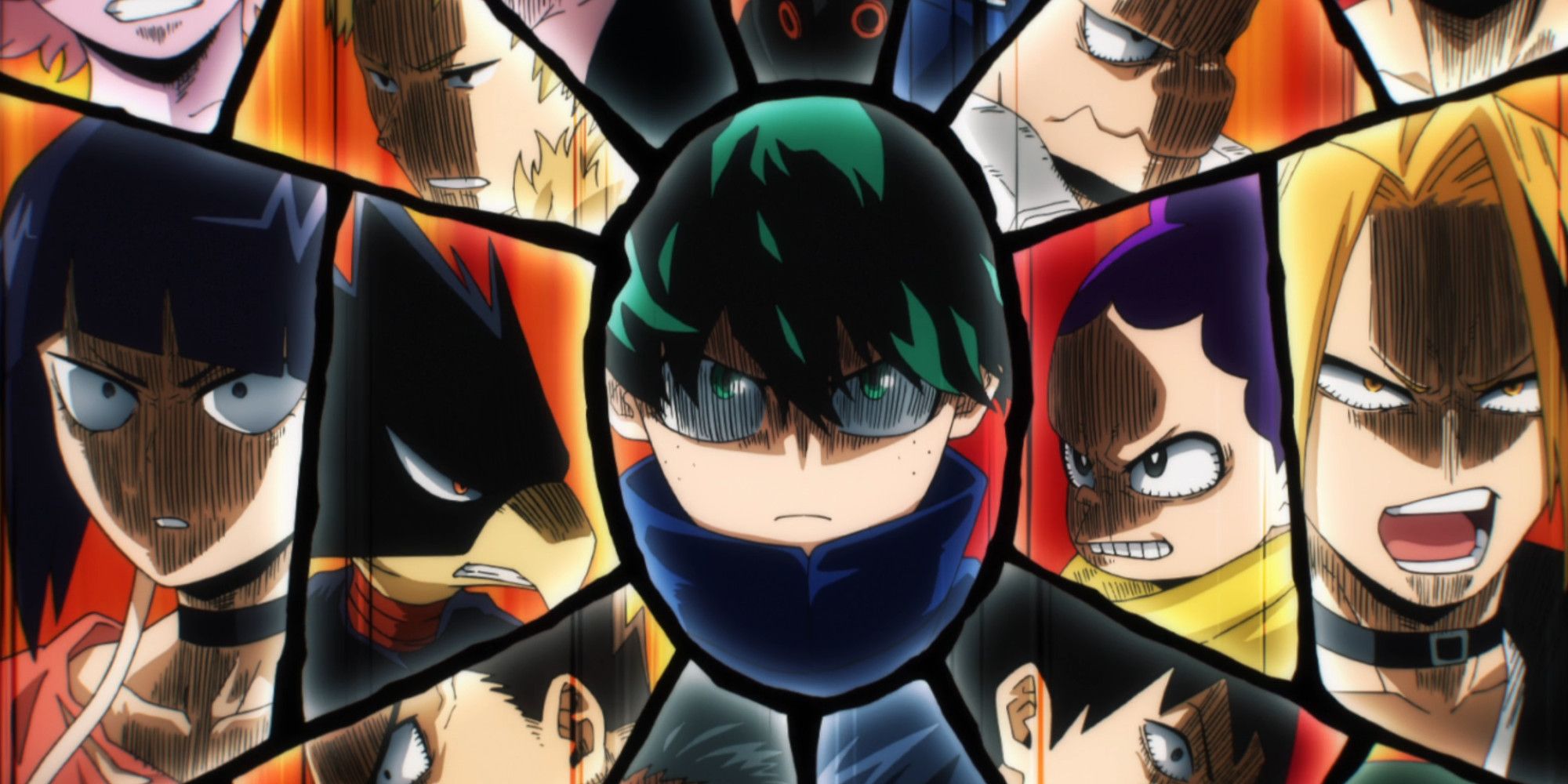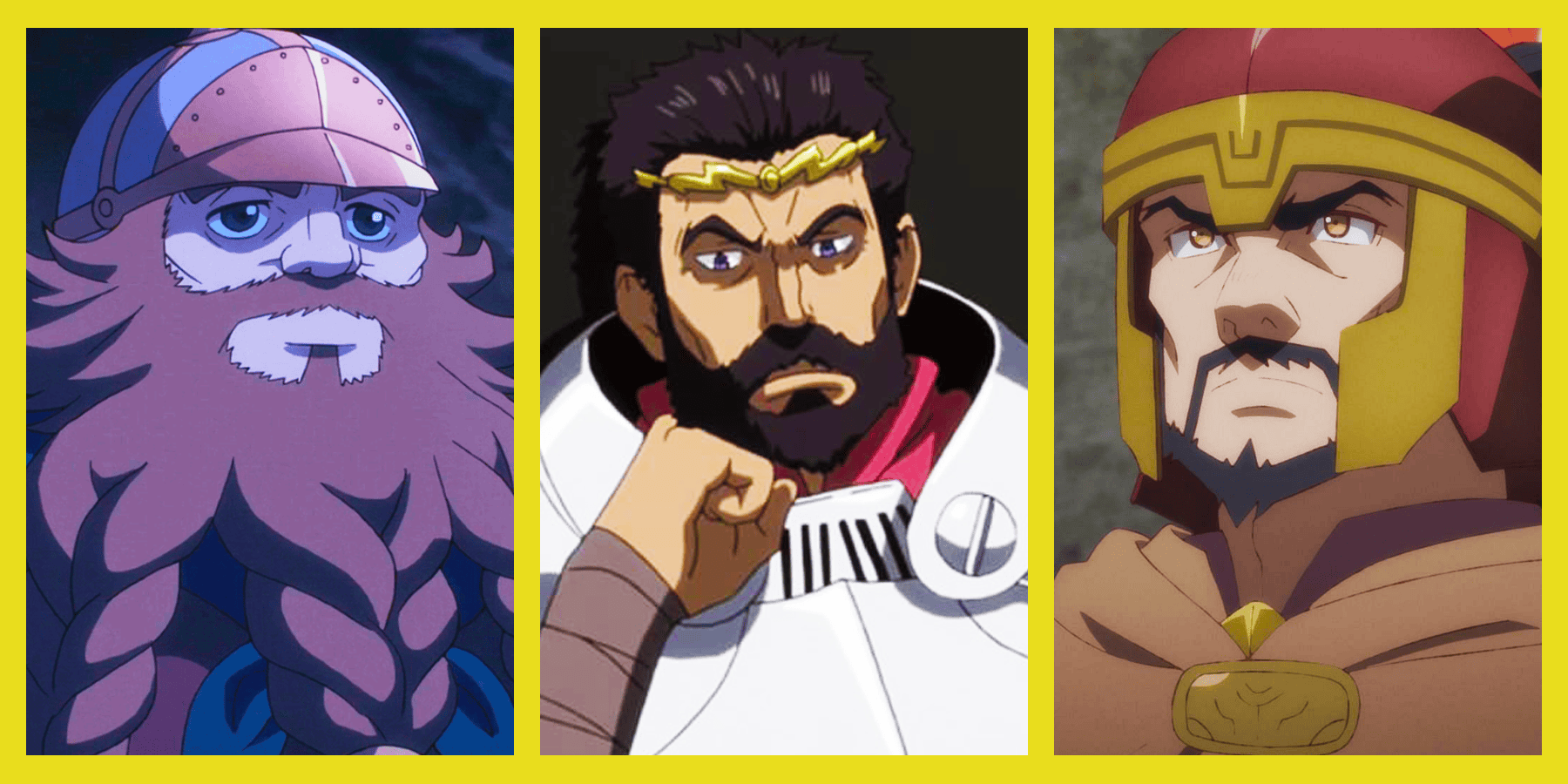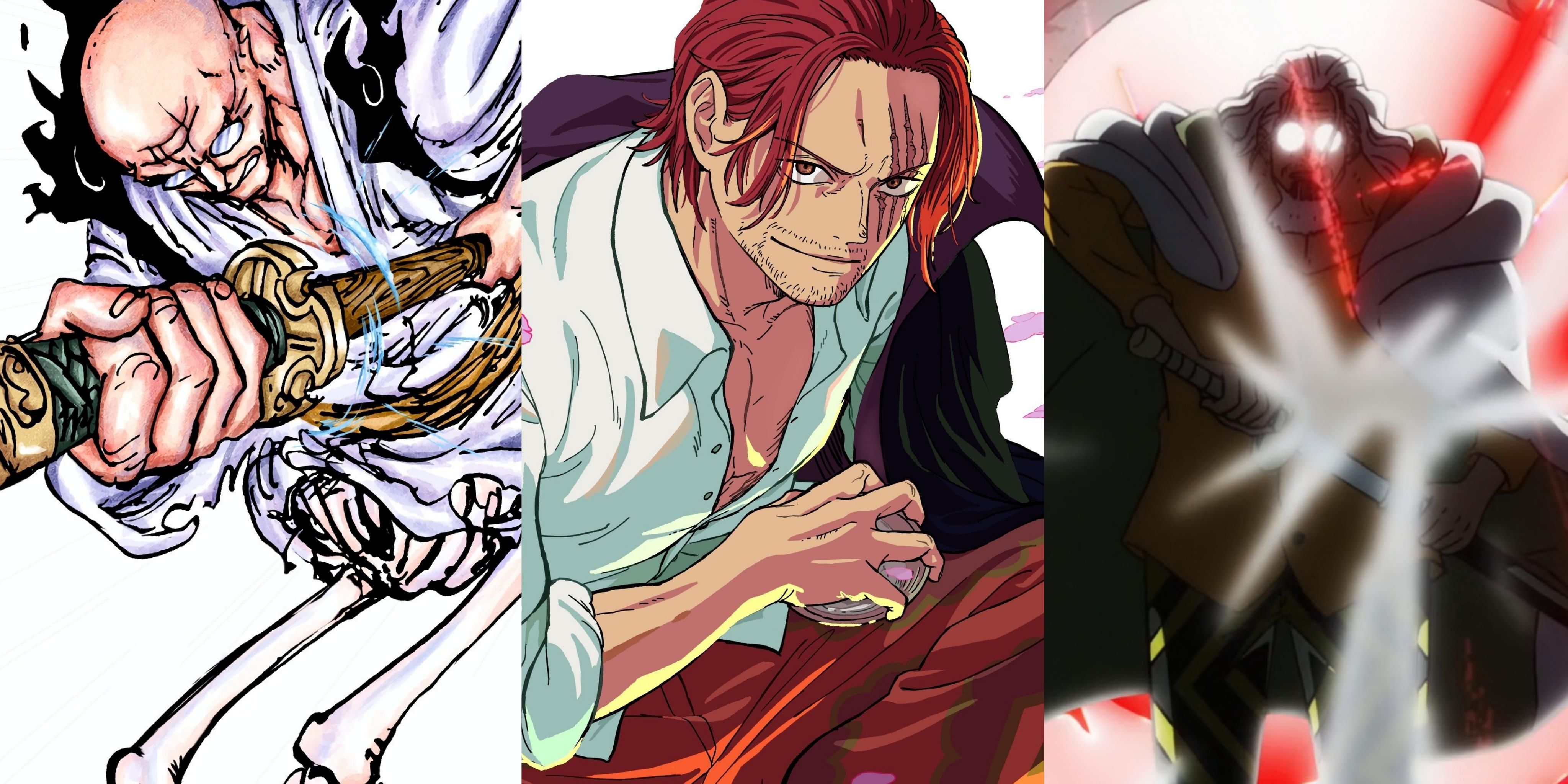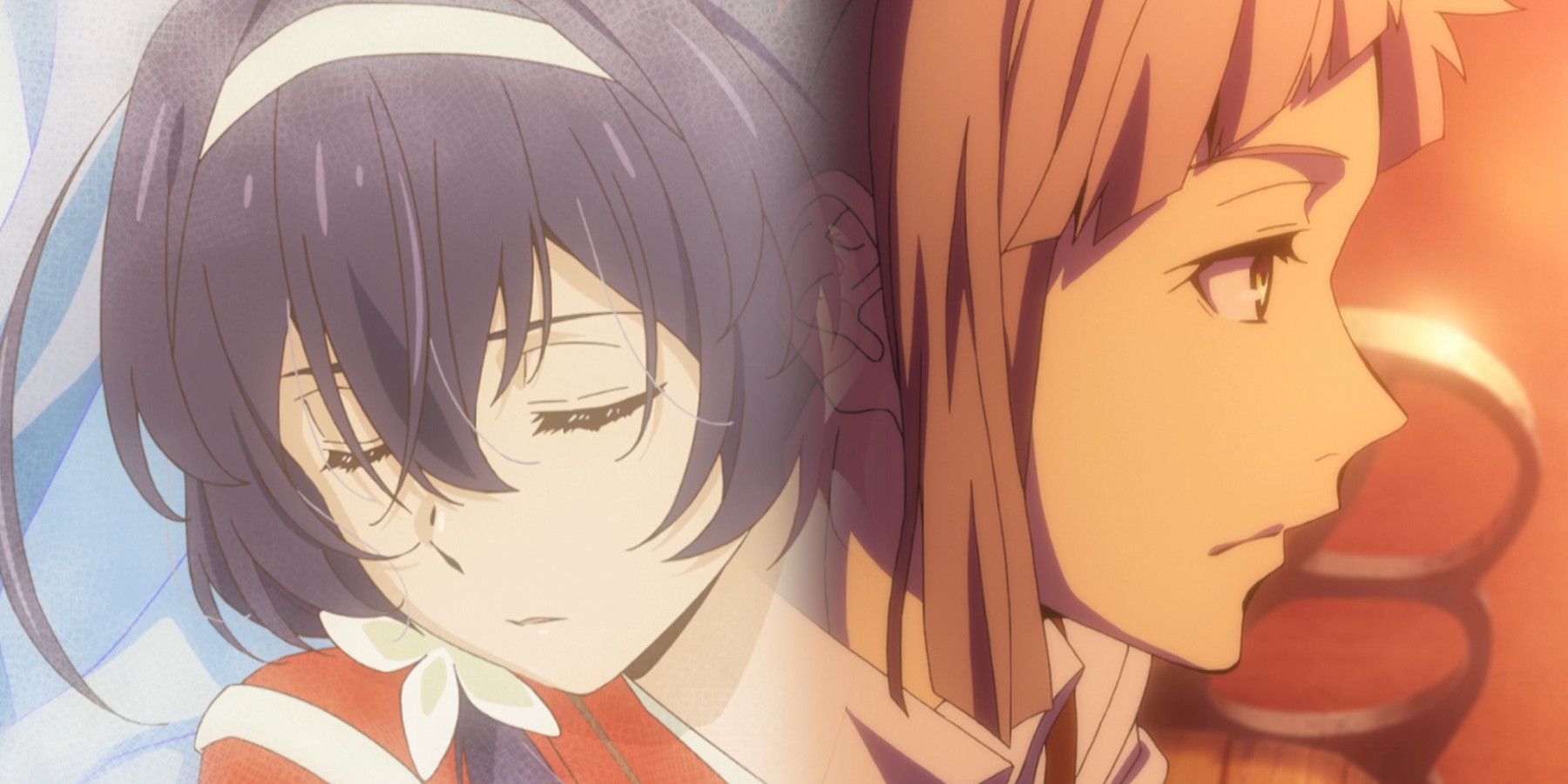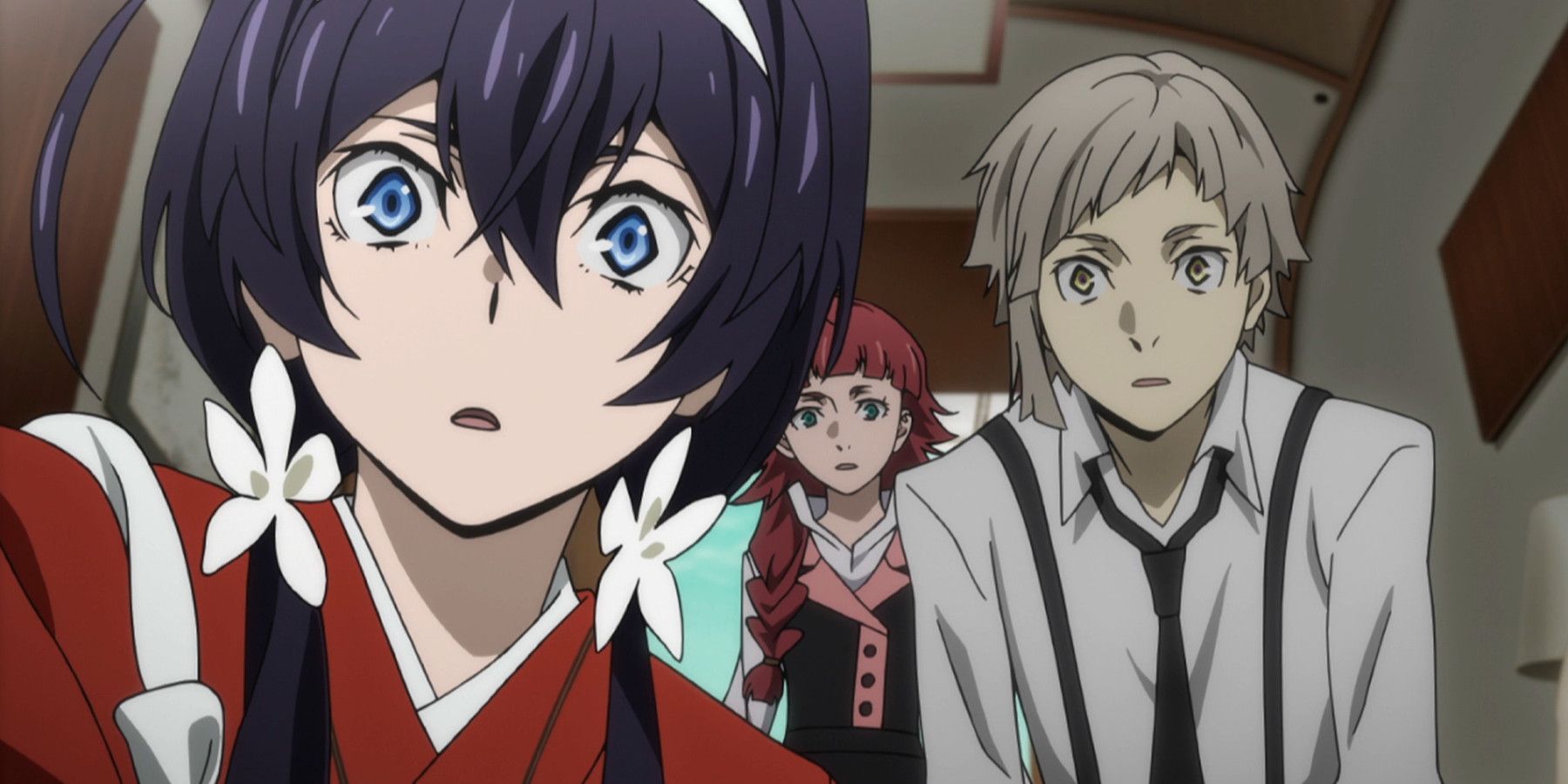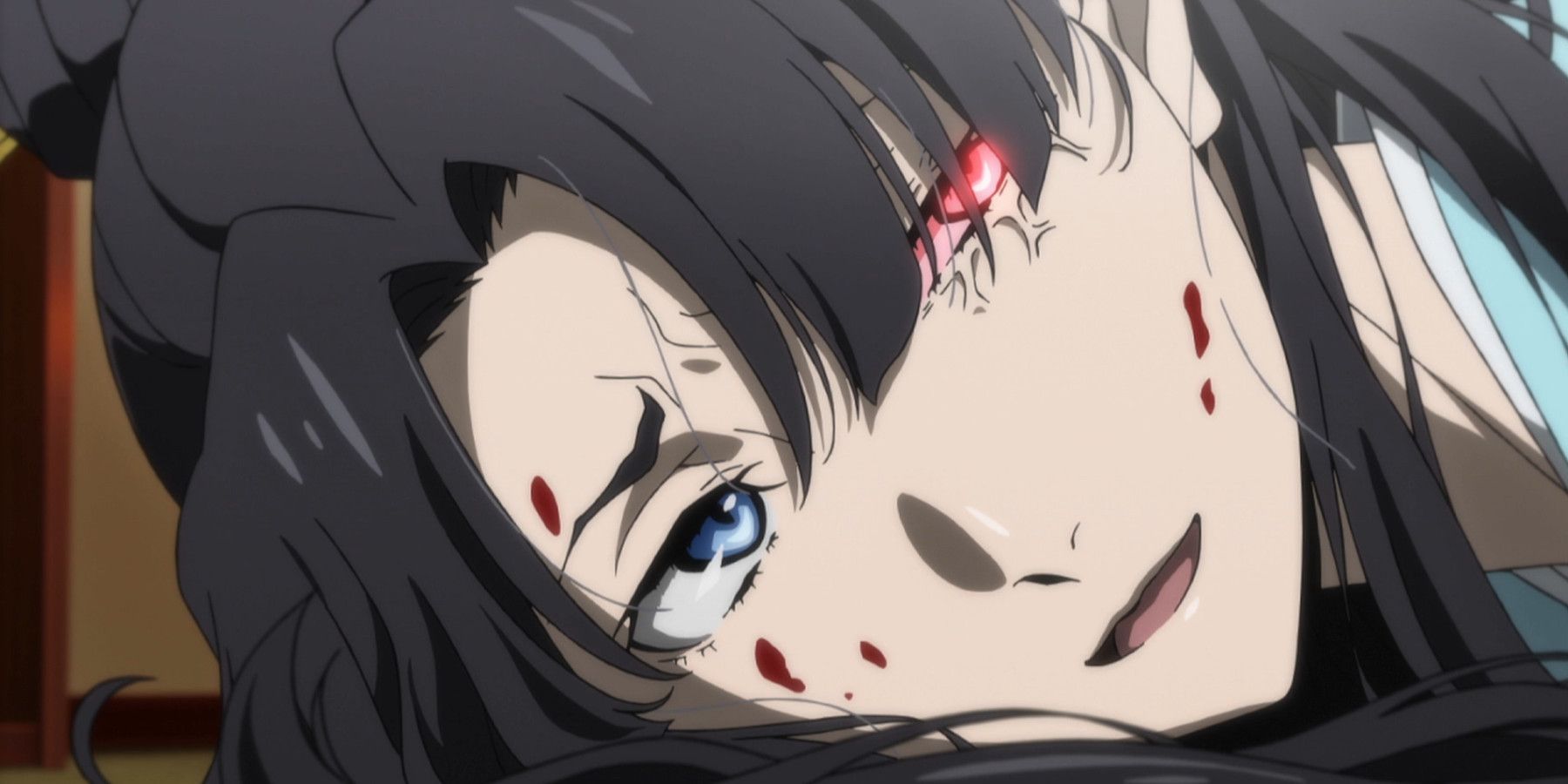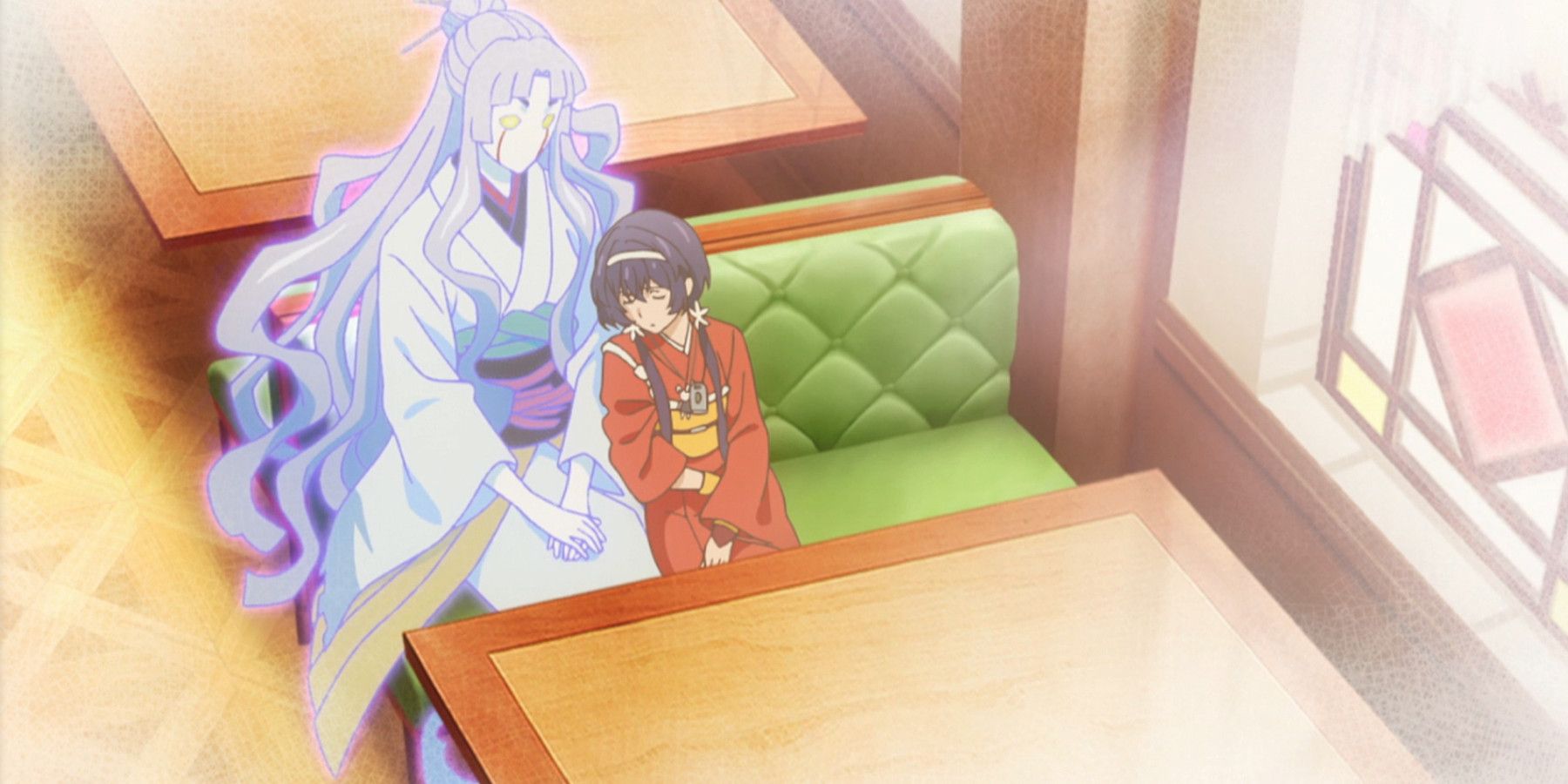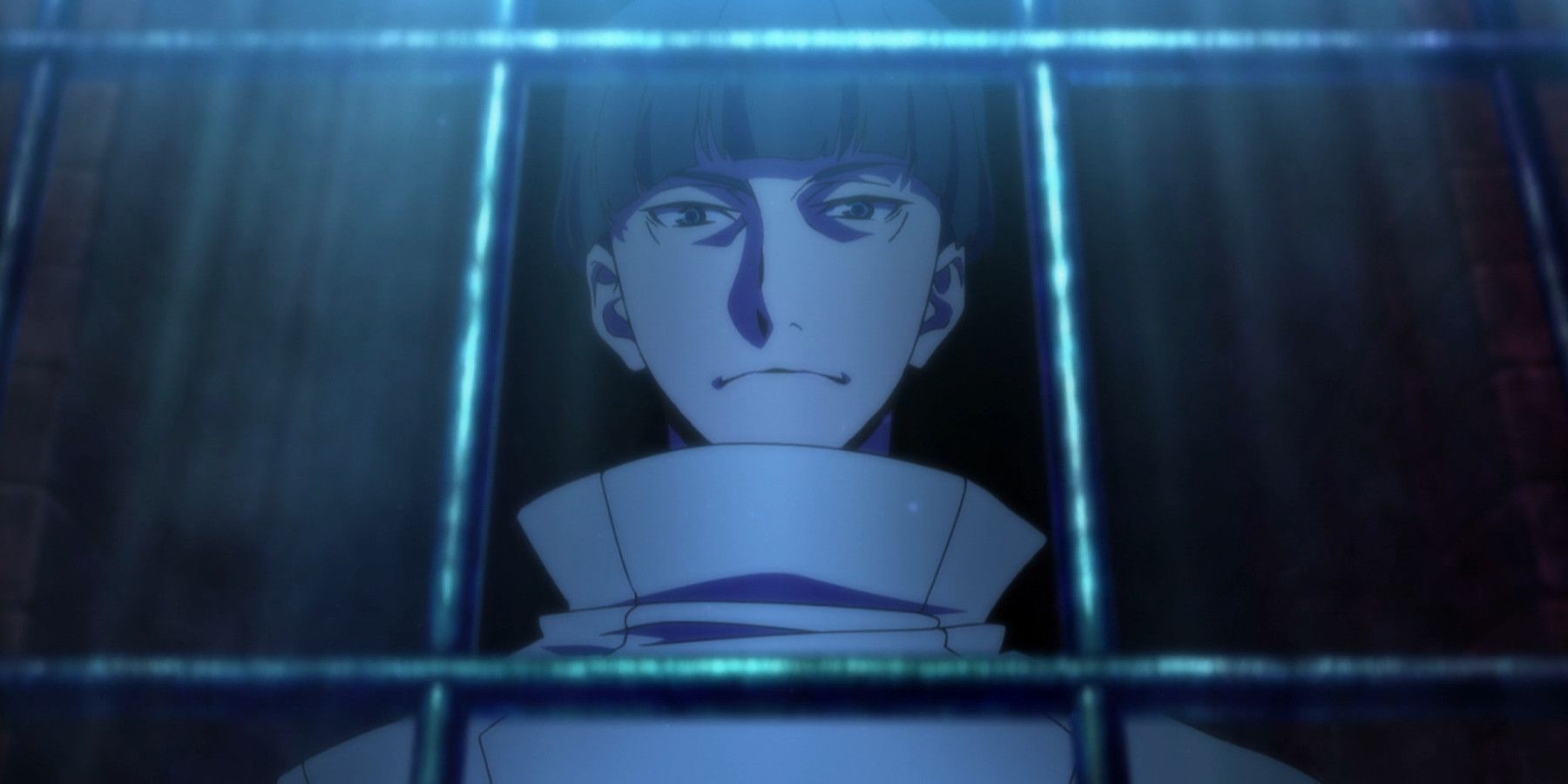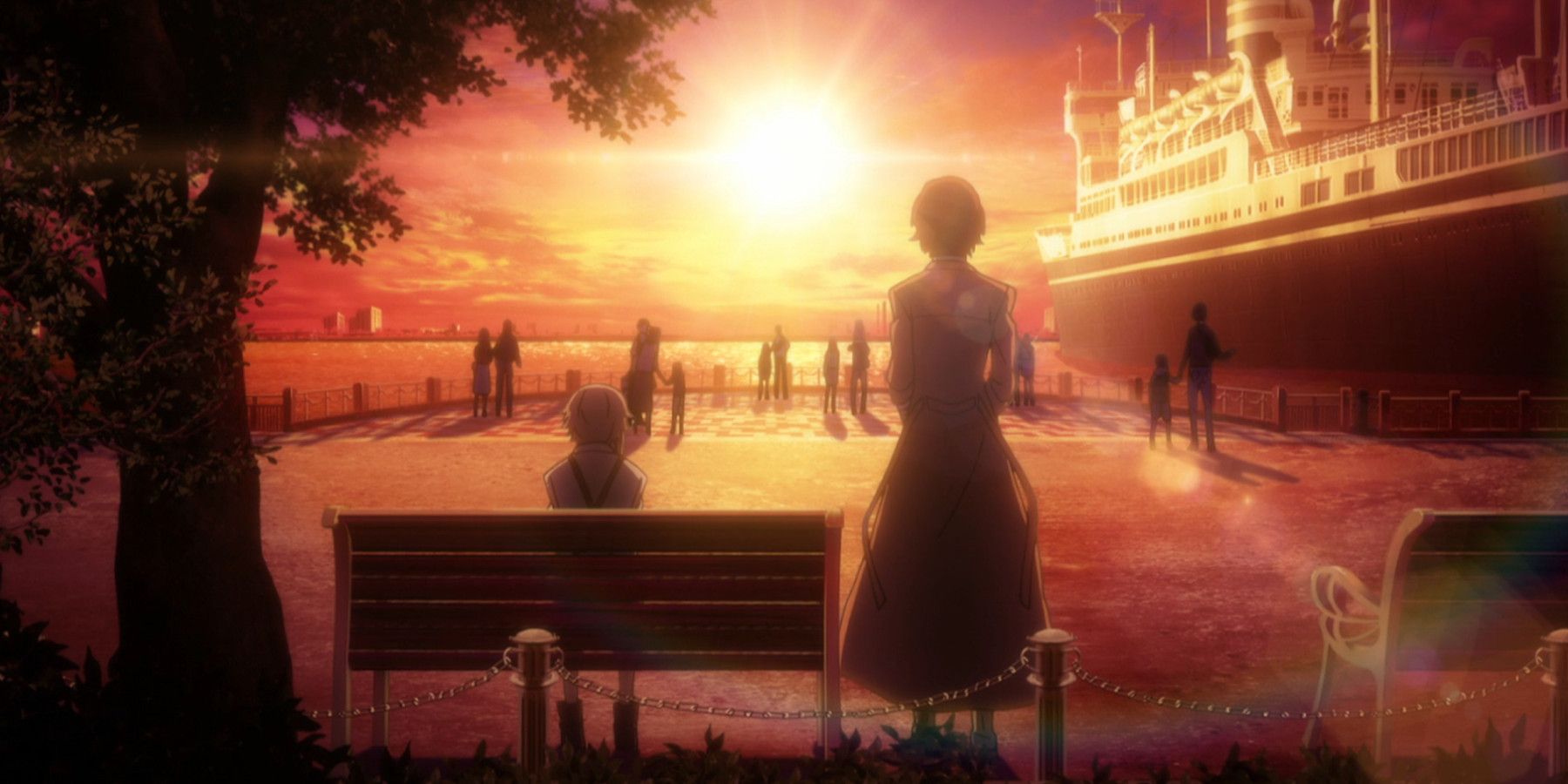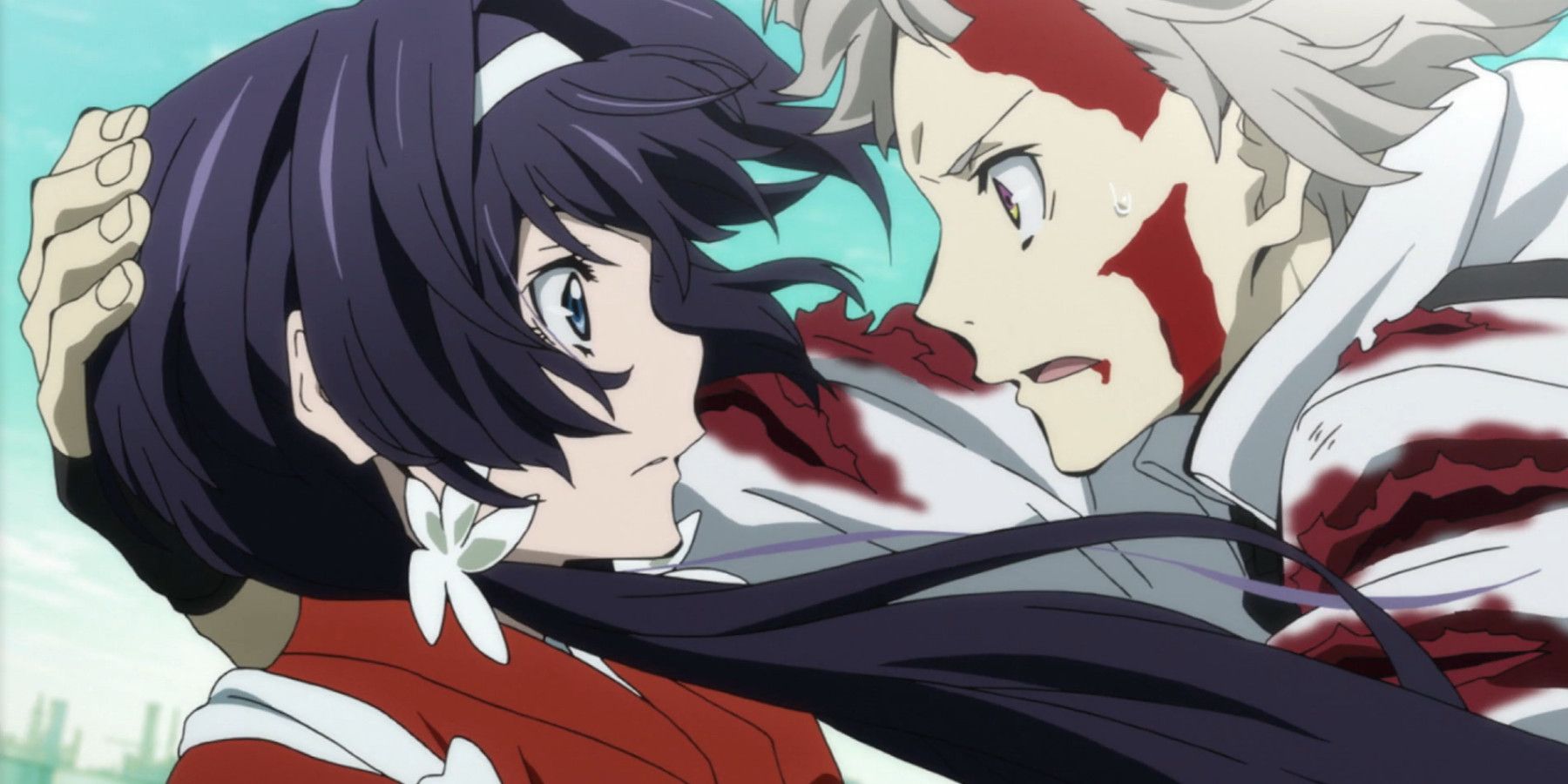There have been quite a few heavy moments in Bungo Stray Dogs, from the end of the Dark Era Arc to Yosano's backstory in Season 4, but one episode hits especially hard on rewatch. It's an episode from season 3, all about parenting, loss, trauma, and most importantly, closure, and the difficulty of moving past the wounds that made us.
Episode 31, titled "Herurisu/Portrait of a Father," is a fairly packed adventure with two distinct halves centered around Kyouka and Atsushi respectively, sharing common themes. It's one of a handful of episodes set between the Guild incident and Fyodor's Cannibalism plot, making it a fairly standalone story that really hones in these characters.
Side A: Herurisu
Bungo has had quite a few characters with tragic backstories, but Kyouka feels like the true OG tragic character of the series. She was introduced as a member of the Port Mafia who had killed 35 people but who doesn't even fully control her ability, Demon Snow, and wishes she no longer had to kill. Her journey toward redemption was a central part of Season 1's plot.
In fact, she felt like the heart of the series for a time. It was her heartfelt wish to not take any more lives that spurred on Atsushi's own growth and the first time he used his ability of his own volition. Saving Kyouka was very much the climax of the first season and her recruitment was a prominent throughline during Season 2.
By Season 3, she'd gained control of her own ability and became a much more confident person, but there was this lingering resentment toward Demon Snow, the power which killed her parents. Episode 31 begins with her acting coldly towards her ability, even as it acts kindly toward her, something that up to that point hadn't been fully confronted. Until now, that is.
The title "Herurisu" is a Romanized form of the Palauan word cherrirs, referring to jealousy or being over-possessive of a spouse. It's a reference to Atsushi Nakajima's novel Husband and Wife, though the only real parallel to the episode is that Lucy Montgomery also plays a role in the story. She and Kyouka are functional "rivals" for Atsushi's affection, not that it plays a big role.
For the first half or so, this episode isn't all too depressing and, in fact, is quite funny at times. The real story - and the subsequent pain, begins when they find the briefcase they've been tasked with searching for. It wasn't actually an assignment at all, but a gift from Kouyou of the Port Mafia to celebrate her new employment: a stolen dossier detailing Kyouka's parents.
Turns out, they were spies, and Demon Snow was her mother's ability. After an attack by assassins, her parents succumb to a mind-control ability and, resisting with all their might, take their own lives to protect her, with her mother passing on her ability in the process. By this point, the concept of passing an ability to another is rather fresh. The mechanics aren't made clear, but it doesn't matter. What matters is how this revelation shocks Kyouka.
For so long, she's resented her ability as the entity that killed her family and chained her to servitude to the Port Mafia. It's been like a curse, but in an instant, this symbol of her parents' murder turns into a living embodiment of their unending love for her. The beauty of this scene lies in how it doesn't undo years of pain but offers her the closure to see her power in a new way.
Side B: Portrait of a Father
The suffering doesn't end there, because Side B of this episode deals with Atsushi's past, which has already been complicated from Episode 1. When Atsushi arrives at the scene of a man hit by a car, he is horrified to discover that the victim was none other than the headmaster of his orphanage.
Atsushi's emotions are presented with a surprising level of complexity. Directly interacting with his past alone is traumatizing, but it clashes with the sense of manic glee he feels knowing that the man who tormented him is dead. He says he's fine, but his friends know better and urge him to confront the matter.
Things get complicated when Atsushi learns that the newspaper the headmaster had on him was an article about his heroism at the end of Season 2. He begins to consider that the headmaster was coming to Yokohama to see him and maybe tell him that he was proud of him. It seems unbelievable, but the more he thinks about the past, the more sense it makes. Especially when he remembers what the headmaster told him one night when he was young.
Atsushi, resent me. One day, you'll leave for the outside world. When you do, Atsushi, hate me. Never hate yourself.
Atsushi comes to realize that the headmaster tormented him so that he would grow up hating a villain rather than hating himself for his tiger power. Dazai acknowledges that what that man did was unforgivable and it is. Throughout the series, Atsushi has had to work hard to overcome immense trauma and self-hatred that exist in large part because of that torment.
But because of his suffering, Atsushi understands those in pain and wants them to live and know the worth of their lives. The complicated thing about this episode is that there is no easy way to write off the headmaster. It would be uncomfortable to credit them with the goodness that exists in Atsushi, which no doubt is just as much a result of the Agency and his other friends.
Simultaneously, it's difficult to ignore how the headmaster had some capacity to care about Atsushi and never wanted him to see himself as a monster because of his tiger ability. In the end, he's so conflicted about how to feel that he pleads to Dazai to make sense of it all, and in response, he tells him this:
There's no one who can fully grasp the deepest feelings of another person... I can tell you one general thing: When someone's father dies, they tend to cry.
He was not a good man, but he was also the closest thing to a father. It's complicated.
However, for all the sadness it entails, this episode is also a profound reminder of the abundance of love present in this series. From Kouyou helping Kyouka learn about her parents despite technically being an enemy, to Dazai and Tanizaki being there to support Atsushi, it's all surprisingly wholesome. One could argue it serves to soften the blow, but I would argue it adds to the depth of the story and imbues it with a positive moral.
Bungo Stray Dogs Episode 31 is a look at the complexities of closure and how there is no easy way to parse the emotions we feel about people and things that have hurt us. Focusing on the past can be as much a prison as it is a liberation, but when we've reached the closest thing to "truth," the only way to go is forward. And most importantly, never hate yourself.
